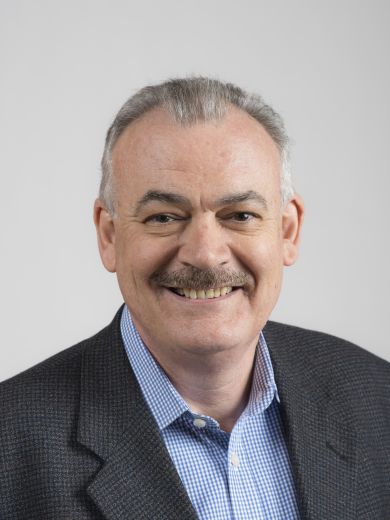Five Weill Cornell Medical College students have been named 2017 Medical Research Fellows from the Howard Hughes Medical Institute (HHMI). It’s the most HHMI fellowships awarded to Weill Cornell students since the award’s inception in 1989.
The institute offers the prestigious fellowship to develop exceptional medical, veterinary and dental students into future physician-scientists. Third-year Weill Cornell medical students Sydney Ariagno, Aditi Gupta, Solomon Levin, Aaron Oswald and Yoshiko Toyoda are among 79 students nationwide to receive the honor, which will provide them with a year of full-time, mentored laboratory research training. Fellows, funded by a $32,000 stipend and additional allowances for travel and other expenses, will share their research at the American Society of Clinical Investigation-Association of American Physicians Joint Meeting April 20-22, 2018, in Chicago.
“This is a tremendous accolade and illustrates the growing importance of original research as a component of medical education at Weill Cornell Medicine,” says Dr. Anthony Brown, director of medical student research at Weill Cornell Medicine. “Our students are extremely talented and they have an extraordinary choice of faculty mentors to guide their research, be it in basic science, translational, clinical or population-based studies.”
Ariagno will work to develop a non-invasive blood test, based on identifying small tumor-secreted packages or exosomes, which can diagnose the most common malignant brain tumor in children, called medulloblastoma. By identifying the characteristics of the exosomes as the tumor develops, Ariagno hopes to be able to monitor the disease’s growth and predict its future progression. She will be mentored by Dr. David Lyden, the Stavros S. Niarchos Professor in Pediatric Cardiology, and Dr. Praveen Raju, assistant professor of pediatrics, both at Weill Cornell Medicine.
Gupta will study the expression pattern of a protein called TGF beta in melanoma, working to characterize whether inhibiting TGF beta prevents cancer growth. Gupta will be mentored by Memorial Sloan Kettering Cancer Center investigators Dr. Jedd Wolchok, the Lloyd J. Old/Virginia and Daniel K. Ludwig Chair in Clinical Investigation and chief of the Melanoma and Immunotherapeutics Service, and Dr. Taha Merghoub, co-director of the Ludwig Collaborative Laboratory and the Swim Across America Laboratory.
Levin will seek to develop a drug to inhibit an enzyme mutated in most cases of the rare liver cancer fibrolamellar hepatocellular carcinoma, which usually affects adolescents and young adults who have no history of liver disease. There is currently no effective treatment outside of liver resection surgery. Levin will be mentored by Dr. Sanford Simon, who is a professor at The Rockefeller University.
Oswald will investigate the mechanical properties of components of the inner ear called tip links, which help convert sound waves into electrical signals sent to the brain, resulting in hearing. Also, by analyzing the mechanical properties of tip links affected by mutations that can cause hearing loss in genetic diseases, Oswald hopes to be able to understand the development of these diseases while working toward devising therapies for treatment. Oswald will be mentored by Dr. A. James Hudspeth, the F.M. Kirby Professor at The Rockefeller University and an investigator for the Howard Hughes Medical Institute.
Toyoda will investigate mechanisms of blood vessel development, called angiogenesis, and cancer metabolism by studying the interplay between breast cancer cells and the microenvironment in a novel model that recreates a blood vessel in collagen. Toyoda will be mentored by Dr. Jason Spector, a professor of plastic surgery and otolaryngology at Weill Cornell Medicine and adjunct professor of bioengineering at Cornell University, and Dr. Shahin Rafii, director of the Ansary Stem Cell Institute and the Arthur B. Belfer Professor in Genetic Medicine at Weill Cornell Medicine.
The awardees are part of the first class at Weill Cornell Medicine to learn under the institution’s new curriculum. Launched in fall 2014, the curriculum, through the Areas of Concentration Program, carves out a six-month period that students can devote to a scholarly project. Some students can also elect to extend this into an additional year. Dr. Brown says the new curriculum has helped students connect to potential faculty mentors and make plans for their research earlier in their studies.




